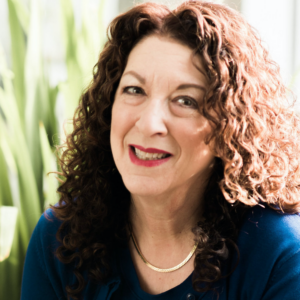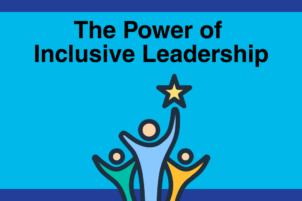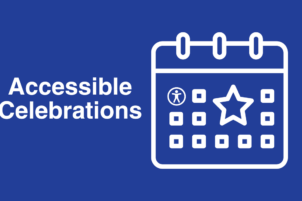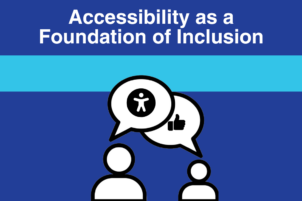
Shelly Christensen
The stories we tell of our unique lived experiences with disabilities and mental health conditions matter. It is a generous act when someone pulls back the curtain to tell their story.
Novelist Chimamanda Ngozi Adichie gave a popular TED Talk called, “The Danger of a Single Story.” A single story is a generalization about a person based on stereotypes and stigma. Often people with disabilities and mental health conditions are seen only by virtue of a diagnosis or behavior, labeled by that one piece of information. The danger of a single story is that so much about that person is never revealed—the strengths and gifts they can contribute to others and the hopes and dreams that give them a sense of purpose and belonging.
I recently had the pleasure of meeting Dr. Rosemarie Garland-Thomson at the Institute on Theology and Disability. She is a bioethicist, author, educator, humanities scholar, and thought leader in disability justice and culture. Her 2016 editorial, “Becoming Disabled,” was the inaugural article in a weekly New York Times series about disability by people with lived experiences. She is co-editor of “About Us: Essays from the Disability Series of the New York Times.”
Garland-Thomson, in her introduction, writes about the importance of stories. “By telling our own stories, we rewrite the old scripts of disability that so many of us have had to live by. We show the ways that living with disabilities shapes lives, that tired stereotypes are too simple, and that the struggles and pleasures of life with disabilities are both the same and different from everyone else’s.”
Spirituality and faith community inclusion are often part of peoples’ stories. The more our society recognizes this important element of life, stories become an essential part of redefining how a culture of belonging is actualized.
Leah Ilana Craig and Riccardo Ricciardi, Jewish Development Apprentices with RespectAbility’s National Leadership Apprenticeship program, have written about the experience of living with a mental health condition. We are grateful to Leah and Riccardo for offering to bring their stories to light. They are a powerful reminder that no one is a single story.
The Blue Dove Foundation is one place we recommend where you can learn more about mental health and changing the narrative about fighting stigmas, eradicating shame and educating your community.
Warm Regards,
Shelly Christensen, MA, FAAIDD
Senior Director of Faith Inclusion






